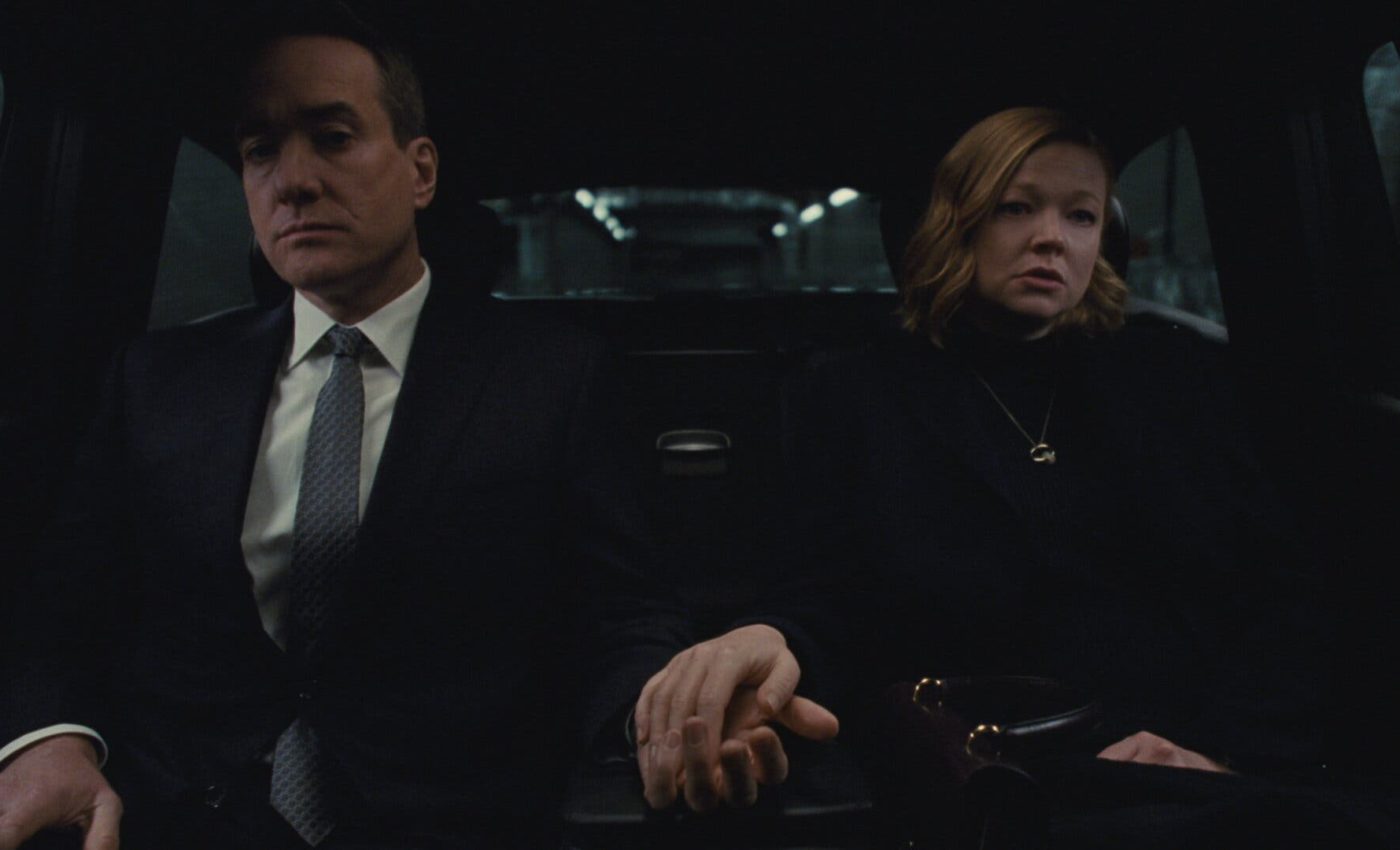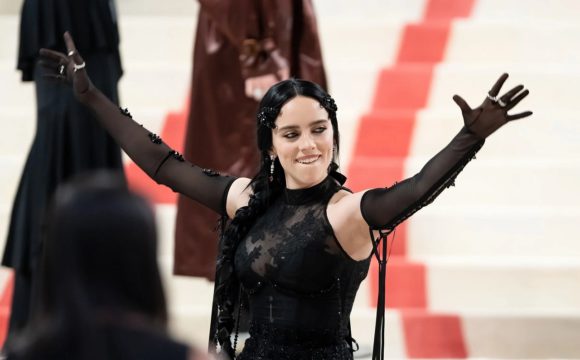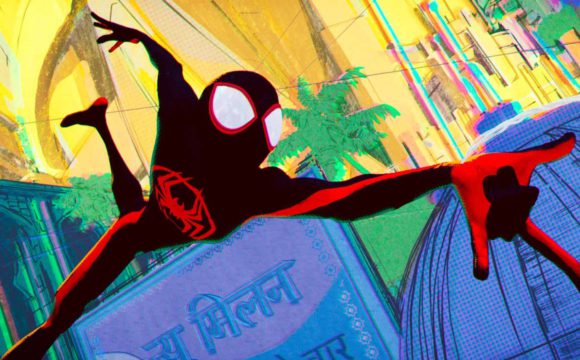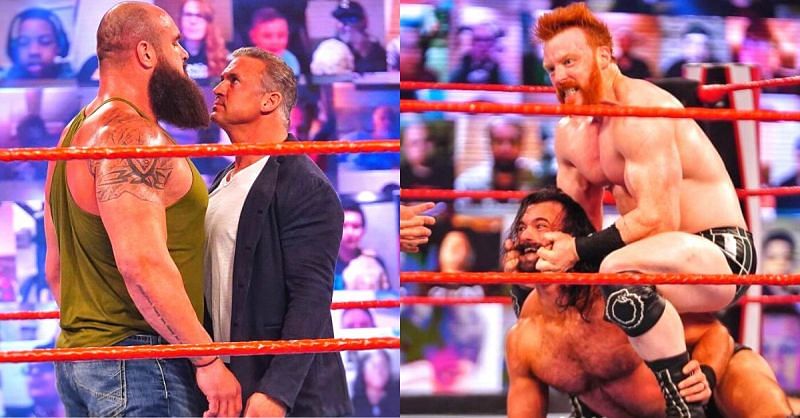Which damaged nepo child would certainly do well Logan Roy, the creator and CEO of Waystar Royco, as the leader of a bad realm that consists of cruise ship ships, style parks, and ATN, a fear-mongering media empire, has actually been the subject of billion-dollar supposition for almost 5 years. His more youthful sibling, Shiv, betrayed him on Sunday evening as the 2nd boy, Kendall, was prepared to approve whatever.
The program’s fans were comforted that Willa, the spouse of Connor, the oldest Roy heir, prepared to recondition Logan’s condominium with a cow print couch despite the fact that the secret of that had actually won the governmental political election was left unsolved.
Much less than half as numerous individuals enjoyed “Succession” in its last period than seen “The Sopranos” or “Game of Thrones,” throughout all systems. The water was filteringed system if this was a water cooler program.
You might have drunk your early morning coffee out of a cup birthing the message from Tom’s e-mail, “YOU CAN’T MAKE A TOMLETTE WITHOUT BREAK SOME GREGGS,” or you can have put on a black Waystar Royco baseball cap to enjoy the ending (though the personalities favor the $525 logoless Loro Piana variation).
The “Saturday Night Live” funny “Black “Succession” was a witticism, nonetheless it was reduced due to time restraints. On Twitter, individuals have actually either shared gratefulness to HBO for arranging the ending on the Sunday of Memorial Day weekend break, making sure most employees would certainly have a complete day to recuperate, or they have actually emphatically slammed the network for disturbing their getaway strategies.
Nearly every episode because Season 2 has actually stimulated relevant idea items. According to writers, the factors why we enjoy “Succession” are due of what it states concerning America, course, cash, injury, misuse, and household. These individuals are simply like us, also.
Due to the fact that we currently recognize that a few of the wealthiest individuals on the planet obtained precisely what they desire. Others really did not. All of it really did not actually issue.
There was no rejecting the draw. The program might attract an audience right into the orbit of a solitary personality for a quick time period, and even for the whole of an episode, yet after that a comment or an appearance would certainly ruin that gravity, leaving that very same audience shed precede.
Maybe you ever before sided with personalities like Connor, the liberal dingbat from Alan Ruck, Kendall, the rap-loving Narcissus from Jeremy Strong, Shiv, the knife-wielding girlboss from Sarah Snook, or Roman, the youngest boy and still-dreaming-of-becoming-a-real-boy Pinocchio from Kieran Culkin. They were all usually fairly negative.
In comparison to Midas, they harm any individual they touched unless that individual was additionally secured by their very own advantage and cash. One more program could have supplied ignorant, really respectable people to counter this. Not this one.
Similarly that the outlining did not compensate attention, neither did the personalities influence commitment.
The program had definitely no story whatsoever, regardless of some episodes– the period endings specifically– having even more switchbacks than an Alpine hill pass. When it initially began, Kendall prepared to take control of as CEO from Logan, yet Logan shatters that intend in the very first episode. 4 periods of story spins, dishonesties, deceptiveness, and settlements adhered to, yet none modified the personalities or enhanced the story.
The truth that the ending began with Kendall’s efforts to stir the board, a willful Season 1 repeating, highlighted this. The mom of the 3 youngest Roys, Lady Caroline, Harriet Walter’s personality, joked, “Huge board conference.” “Never has that took place previously.”
The Roy kids chase after the prize up until they run straight off a high cliff in “Succession,” which has a great deal in typical with a Looney Tunes brief regardless of its refinement.
The program’s not-so-wily prairie wolves had actually been furnished with parachutes and depends on made from something better than gold, which is why there were billions at risk and those nos tallied as much as so little.
Whatever took place, they would certainly still have those billions, or at the minimum, several numerous millions. Nobody would certainly be needed to function as a governess. No one would certainly go starving.
The reality that “Succession” preserved a bone-deep uncertainty regarding the worth of that benefit, in spite of having supply alternatives and personal possession administration in its actual DNA, established it in addition to 1980s wealth-porn programs like “Dynasty,” “Dallas,” and “Falcon Crest.”
Also though “Succession” was established and fired in spectacular places, such setups were regularly made to really feel drab and antibacterial. Few of the personalities showed up to appreciate their tailor-made fits and skies manors.
There is a popular narrative concerning a potentially make believe discussion in between F. Scott Fitzgerald and Ernest Hemingway: Hemingway reacts, “Yes, they have even more cash,” in action to Fitzgerald’s declaration that “the abundant are various from you and me.” Was that the amount of “Succession”? That seems a considerable quantity of things.
“Succession” provided its largely middle-class target market a behind the curtain explore the lives of the ultra-wealthy while likewise guaranteeing them that, probably, in spite of the costly accessories, such way of lives weren’t really enjoyable. The concept that the affluent aren’t any kind of better than the remainder people has actually just recently come under examination, therefore “Succession” is simply a comfortable dream. These personalities were however interfered by dead raccoons in their luxurious villa or were captured in website traffic in their massive community cars and trucks.
They were rejected, mistreated, and degraded.
These personalities may have been decreased to caricatures in even worse manuscripts, however “Succession” urged on intricacy. The reality that Culkin, Snook, and Strong were all able to expose flashes of sensational weak point simply listed below the cashmere plate mail revealed that these were negative individuals, yet they were additionally damaged individuals.
Rap by Kendall? A program can just be sustained by Schadenfreude for so long. Rather, customers were compelled to dither nauseatingly in between pity and ridicule.
The program eventually advertised a kind of delighted nihilism, a gleeful yearning to see what they may ruin – freedom, each other– in each brand-new episode by making these personalities enjoyable to view and testing to do not like. Beneath the Shakespearean stabs and the Upper East Side penthouses, “Succession” has a hollow core.
Yes, this was comforting since it enabled visitors to think themselves– and me– that our lives were richer no matter just how much cash we had. If you viewed also numerous programs back-to-back, you could experience what Ewan Roy asserted Logan did to his ATN visitors throughout his eulogy at Logan’s funeral service: sustain a disgusting, destructive fire in their hearts.
We experienced sibling turn on brother or sister, bro on bro, spouse on other half, and Greg on Tom in the collection ending on Sunday evening, equally as we carry plenty of previous Sunday nights. These exchanges drew and enhanced in the concept that humanity is vacant, comprehending, and gap. I assume 4 periods sufficed.
The funeral case was perhaps the most effective depiction of such desolation. Complying with the funeral orations, Logan’s body is moved promptly via Manhattan’s web traffic in a cortege of community cars and trucks to a mausoleum that was bought from a previous family pet food magnate. All that riches and high-end is being made use of to move an embalmed meatsack to an unlimited marsh.
Much less than half as lots of individuals viewed “Succession” in its last period than seen “The Sopranos” or “Game of Thrones,” throughout all systems. Also though “Succession” was established and fired in spectacular areas, such setups were often made to really feel drab and antibacterial.”Succession” offered its largely middle-class target market a behind the curtain appearance right into the lives of the ultra-wealthy while additionally assuring them that, possibly, in spite of the costly accessories, such way of livings weren’t extremely positive. The concept that the well-off aren’t any kind of better than the remainder of us has actually lately come under analysis, therefore “Succession” is simply a comfortable dream. These personalities may have been minimized to caricatures in even worse manuscripts, yet “Succession” firmly insisted on intricacy.







